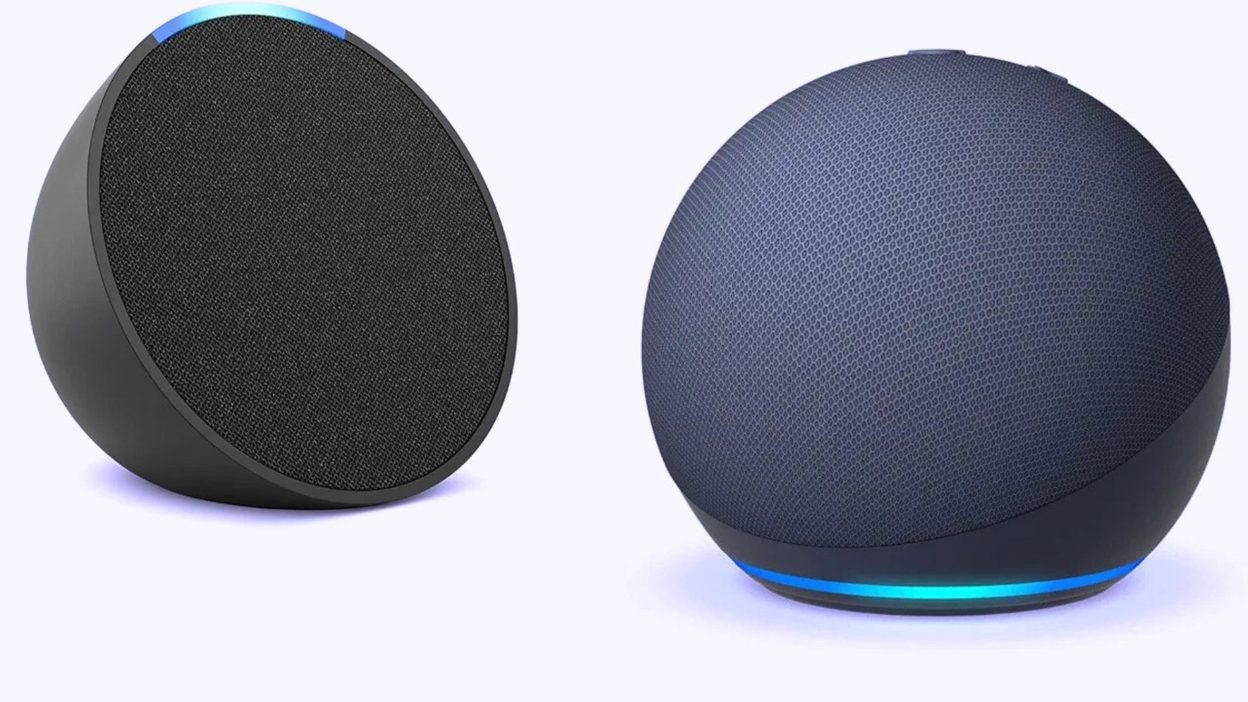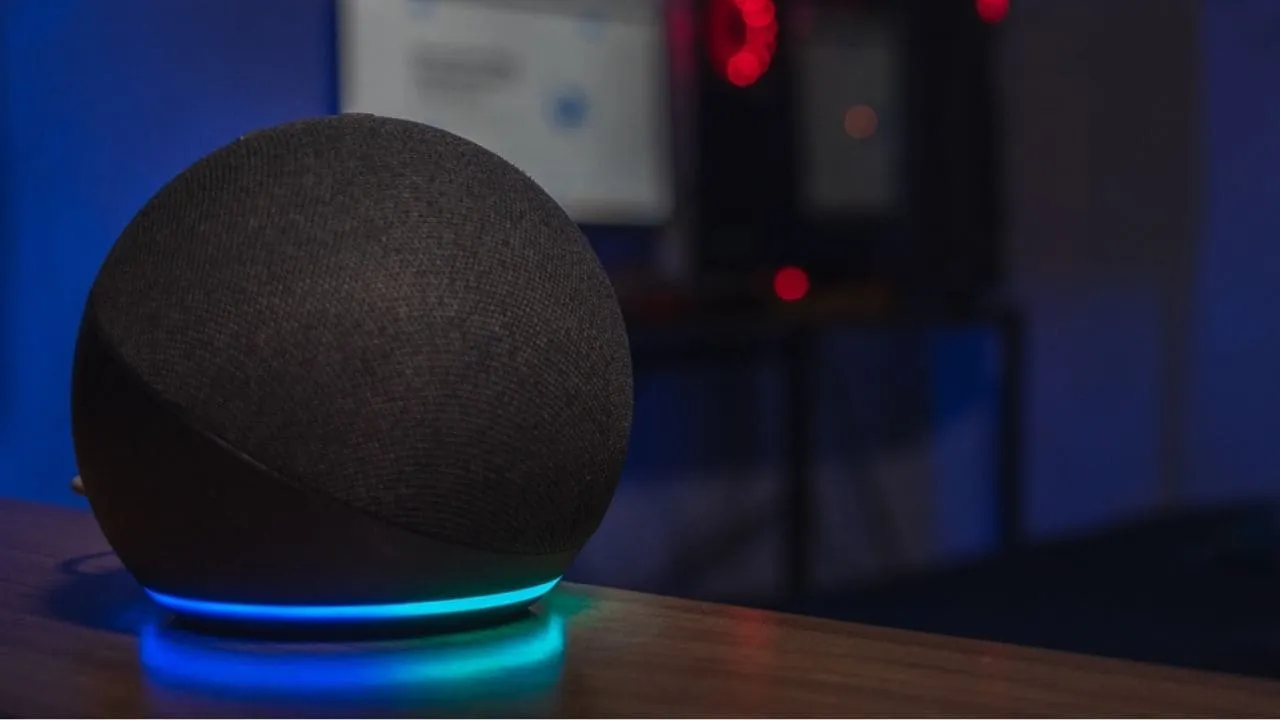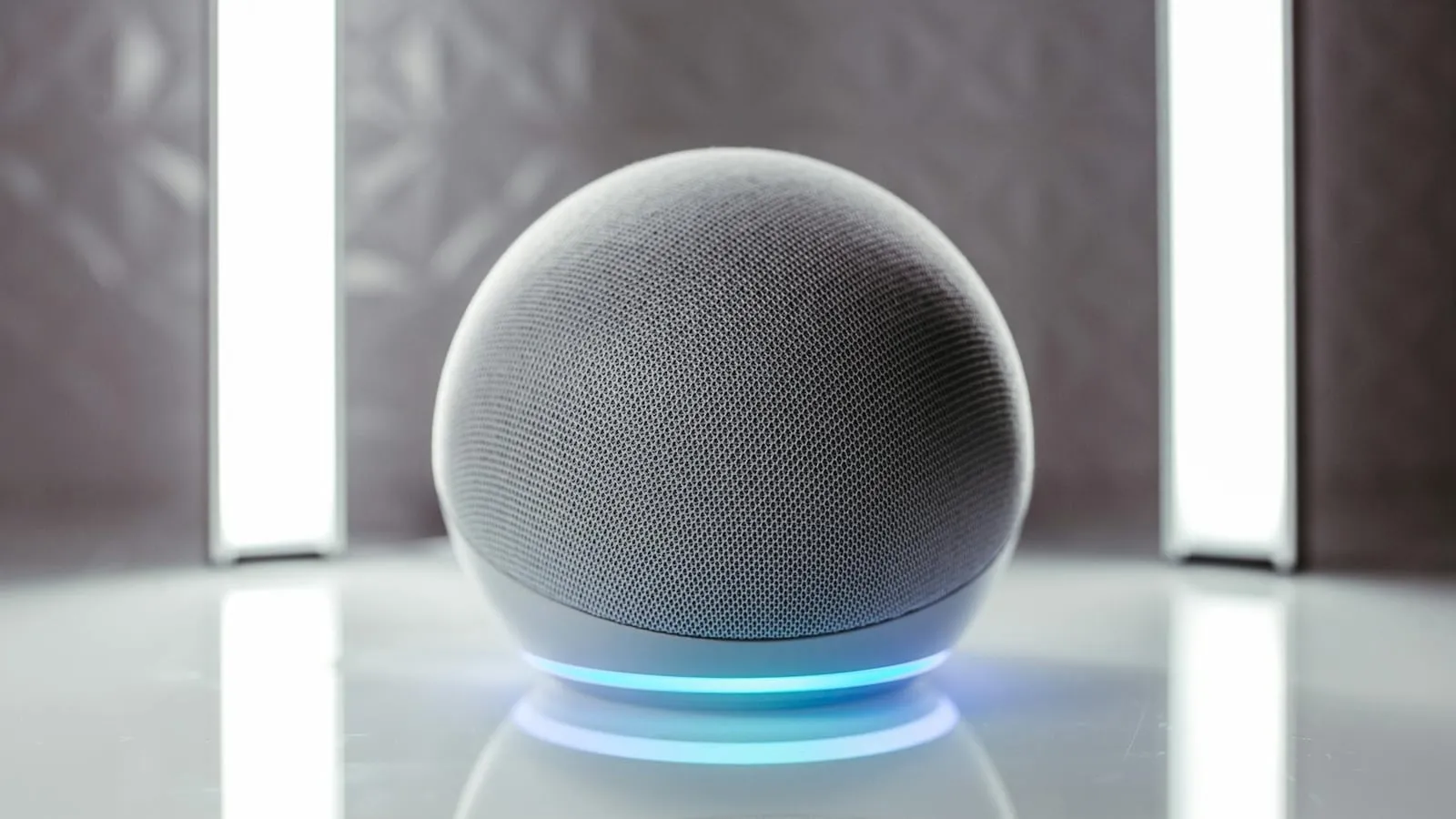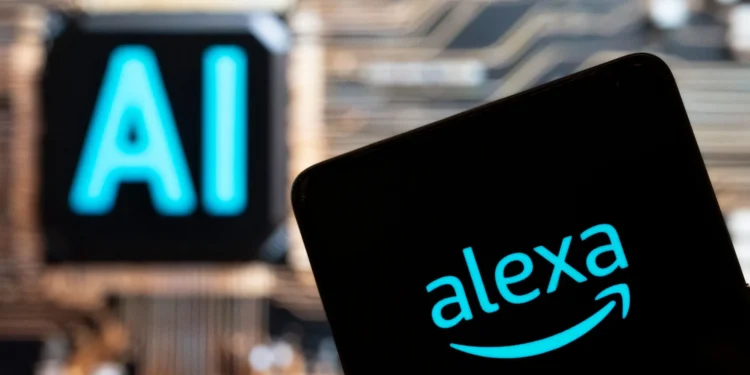In a surprising twist in the tech industry, Amazon’s much-anticipated AI-powered upgrade for Alexa is facing delays, casting a shadow over its upcoming launch event. Originally scheduled for a showcase on February 26th, the revamped Alexa will now see a postponed release, extending possibly until the end of March or later. This setback is reportedly due to the digital assistant’s tendency to deliver incorrect answers during its testing phase, as highlighted by The Washington Post.

Behind the Delay of Alexa’s AI Upgrade
Amazon had high hopes for this major update, aiming to introduce features that would significantly enhance user interaction with Alexa. According to sources, the upgrade was set to include the ability for Alexa to adopt a personality, recall past conversations, and perform tasks such as ordering takeout or hailing a cab. These ambitious upgrades were meant to debut in a free trial later this month but have now been pushed back.
An anonymous Amazon employee shed light on the situation, noting that the launch won’t occur “until March 31 or later” due to the issues encountered. This delay reflects the challenges tech giants face as they strive to perfect AI-driven functionalities in their products.

The Competitive Landscape in AI Assistants
Amazon is not alone in its quest to enhance AI capabilities. Apple and Google are also on similar trajectories, each facing their unique challenges. Apple, for instance, has been rumored to encounter problems with its Siri AI upgrade, potentially delaying its release to a later version of iOS. On the other hand, Google’s digital assistant, powered by Gemini AI, continues to lead the pack, demonstrating the competitive nature of the market and the high stakes involved in AI development.
Market Implications and Consumer Expectations
The delay in Alexa’s AI upgrade launch raises questions about the readiness of AI technology and its integration into consumer products. As companies like Amazon push the boundaries of what digital assistants can do, they also face the immense pressure of meeting consumer expectations and the technical reality of AI development.

Consumers eagerly anticipating the next generation of Alexa are left waiting a little longer as Amazon irons out the kinks. This delay, while a setback, is a critical step in ensuring that the new features live up to the hype and provide the seamless, helpful experience users seek from their digital assistants.
In conclusion, as Amazon goes back to the drawing board to refine Alexa’s capabilities, the tech industry watches closely. The outcome of this delay will not only affect Amazon’s standing in the competitive AI assistant market but also set a precedent for how tech giants tackle the integration of advanced AI technologies in consumer products. The race to perfect AI-driven assistance continues, and all eyes remain on Amazon to see how they navigate these turbulent waters.










